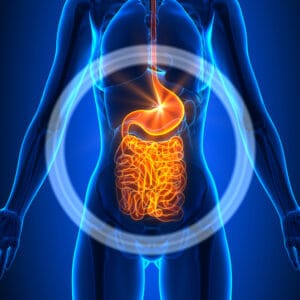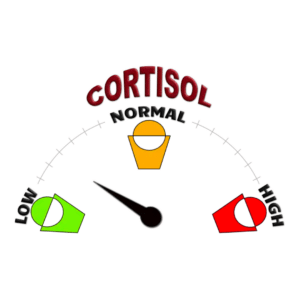Type 2 diabetes is a chronic disease characterised by high blood sugar levels due to the body’s inability to use insulin, a hormone that regulates blood sugar properly. It is the most common form of diabetes. It is caused by a combination of genetic and lifestyle factors, such as being overweight or obese, having a sedentary lifestyle, and eating a diet high in processed foods.
Insulin resistance is crucial in developing type 2 diabetes, as it leads to high blood sugar levels and an inability to control blood glucose levels correctly. When the body becomes resistant to insulin, the pancreas produces more insulin to keep blood sugar levels in check. Eventually, the pancreas can’t keep up with the demand and blood sugar levels rise.
The accumulation of fat in the liver and pancreas is a significant contributor to insulin resistance and diabetes (1). This is because fat cells, particularly those in the liver and pancreas, are not just storage depots for excess calories but are also metabolically active. When there is too much fat in these organs, it leads to inflammation and changes in the way that insulin works. This can make it harder for the body to use insulin properly, leading to insulin resistance and diabetes.
According to the research of Professor Roy Taylor MBE, type 2 diabetes can be reversed through diet, specifically through a drastic reduction in calorie intake, known as a very low-calorie diet (VLCD) of around 800 calories a day (1). Calorie restriction causes the body to start burning stored fat for energy, which reduces the amount of fat in the liver and pancreas and improves insulin sensitivity (1).
Taylor’s research has also shown that once type 2 diabetes is in remission, it can be maintained by following a healthy, balanced diet and engaging in regular physical activity (1). This approach is less restrictive than the VLCD and more sustainable in the long term.
As always, it is essential for a person with type 2 diabetes who wishes to reverse it through diet to consult with a healthcare professional before making any drastic changes to their diet or exercise regime.
sources:
- Taylor, R. (2019). Calorie restriction for long-term remission of type 2 diabetes. Clinical Medicine, [online] 19(1), pp.37–42. doi:10.7861/clinmedicine.19-1-37.








